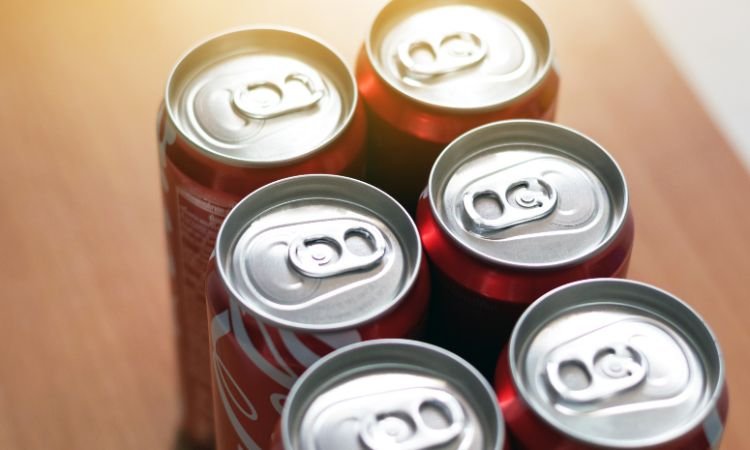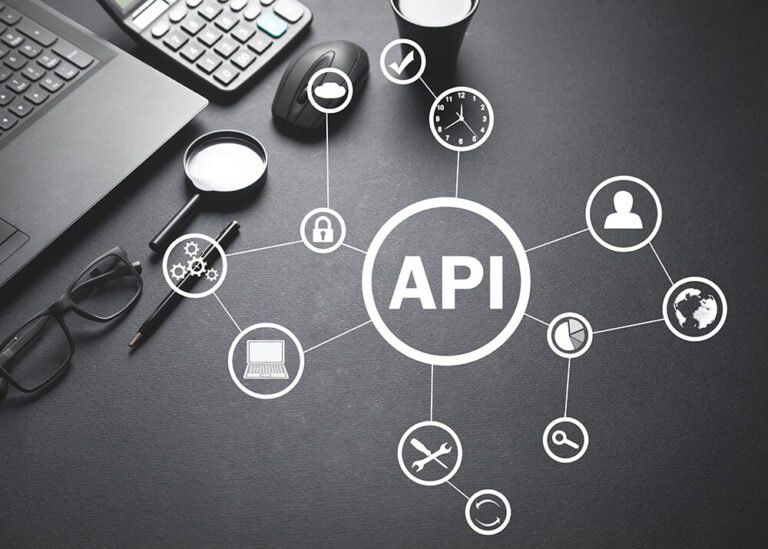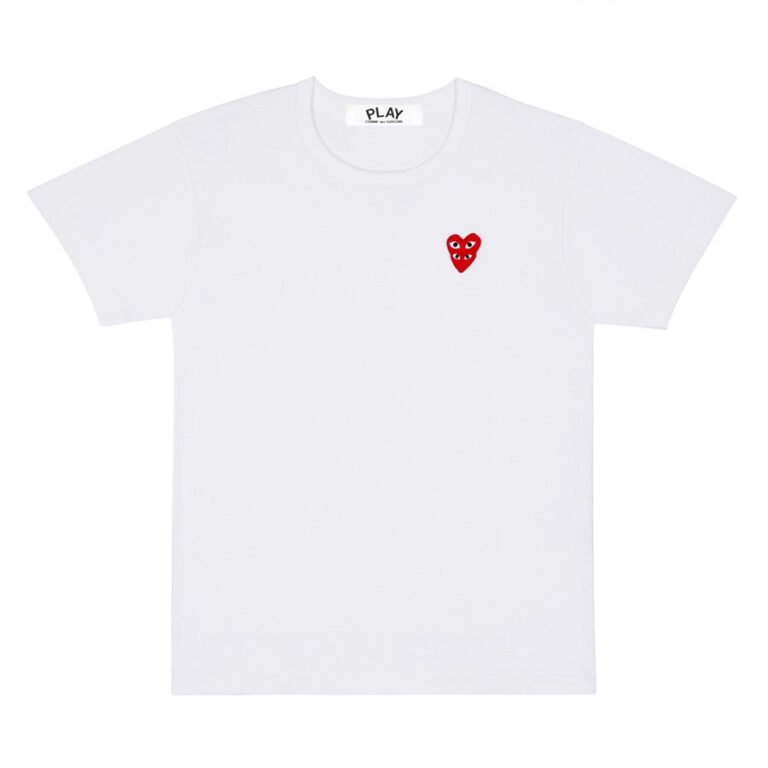The Health Fizz: How Wellness is Shaping the Carbonated Beverage Market
The global carbonated beverage market size attained a value of USD 500.26 billion in 2023. The market is further expected to grow in the forecast period of 2024-2032 at a CAGR of 5.3% to reach USD 795.09 billion by 2032. This projected growth, however, is facing a significant counter-current: the rising tide of health consciousness among consumers. This blog post dives into the impact of health trends on the carbonated beverage market, exploring how consumer choices, company responses, and future outlooks are all being reshaped by the focus on well-being.
Health Trends Driving Beverage Choices
The way we consume beverages is undergoing a significant shift. Here are some key trends driving this change:
- Shift towards healthier lifestyles: Consumers are increasingly prioritizing healthy habits, including a focus on balanced diets and reduced sugar intake.
- Growing awareness of health risks: Information about the negative health effects of sugary drinks, like obesity, diabetes, and dental problems, is more readily available and widely understood.
- Rise of alternative beverages: The market is flooded with healthier options like flavored water, sparkling water, kombucha, and herbal teas, offering consumers a wider range of choices that align with their wellness goals.
Impact on Carbonated Beverage Consumption
The rise of health consciousness is having a clear impact on the consumption patterns of carbonated beverages:
- Decline in traditional sugary sodas: Sales of classic sugary sodas have witnessed a decline, as consumers actively seek out healthier alternatives.
- Growth of low- and no-sugar options: Beverage companies are responding by offering a wider range of low- and no-sugar carbonated beverages to cater to health-conscious consumers.
- Introduction of healthier versions: Sparkling water with natural flavors, fruit-infused sodas, and other innovative options are emerging to satisfy the demand for a guilt-free fizz.
Response from Beverage Companies
The beverage industry is not taking these trends sitting down. Here’s how they are adapting:
- Reformulation of products: Many companies are reformulating their classic sodas to reduce sugar content while maintaining taste.
- New product lines: Entire product lines are being launched specifically targeting the health-conscious consumer, often with a focus on natural ingredients and added functional benefits.
- Marketing strategies: Marketing campaigns are shifting to highlight the healthier attributes of certain carbonated beverages, like reduced sugar content or added vitamins.
Consumer Perception and Behavior
Consumers are becoming more discerning when it comes to their beverage choices:
- Preference for natural ingredients and flavors: There’s a growing desire for natural ingredients and clear labeling, allowing consumers to make informed choices.
- Scrutiny of labeling: Nutritional information on labels is scrutinized more closely, with consumers paying attention to sugar content, artificial sweeteners, and other ingredients.
- Willingness to pay premium: Consumers are often willing to pay a premium for healthier options, as long as the taste and quality remain high.
Case Studies: Examining the Impact
Let’s look at some concrete examples:
- Successful adaptation: Company X successfully reformulated its flagship soda line to reduce sugar by 30% without compromising taste. This resulted in a significant increase in sales among health-conscious consumers.
- New product launch: Company Y launched a sparkling water line infused with real fruit and botanical extracts. The product line was marketed towards health-conscious millennials and achieved great success in the market.
- Impact of health campaigns: Public policies and health campaigns promoting reduced sugar intake have led to a measurable decline in sugary beverage consumption, particularly among young people.
Challenges and Opportunities
The shift towards health offers both challenges and opportunities for beverage companies:
- Challenges: Meeting consumer demand for healthier products while maintaining taste and profitability can be a challenge.
- Opportunities: Innovation in natural sweeteners, functional ingredients, and healthier flavor profiles presents exciting opportunities for product diversification.
- Collaboration: Collaboration with health and wellness organizations can foster trust and lead to the development of genuinely healthy and enjoyable carbonated beverages.
Future Outlook: A Healthier Fizz Ahead
The future of the carbonated beverage market is likely to be shaped by the ongoing trend towards health:
- Predictions: Traditional sugary sodas may continue to decline in market share, while healthier options like low-sugar and naturally flavored varieties gain traction.
- Emerging trends: Expect to see a rise in functional beverages infused with vitamins, probiotics, and other health-boosting ingredients.
- Recommendations for companies: Companies that can successfully adapt their products and marketing strategies to cater to the health-conscious consumer will be well-positioned to thrive in the evolving market.







